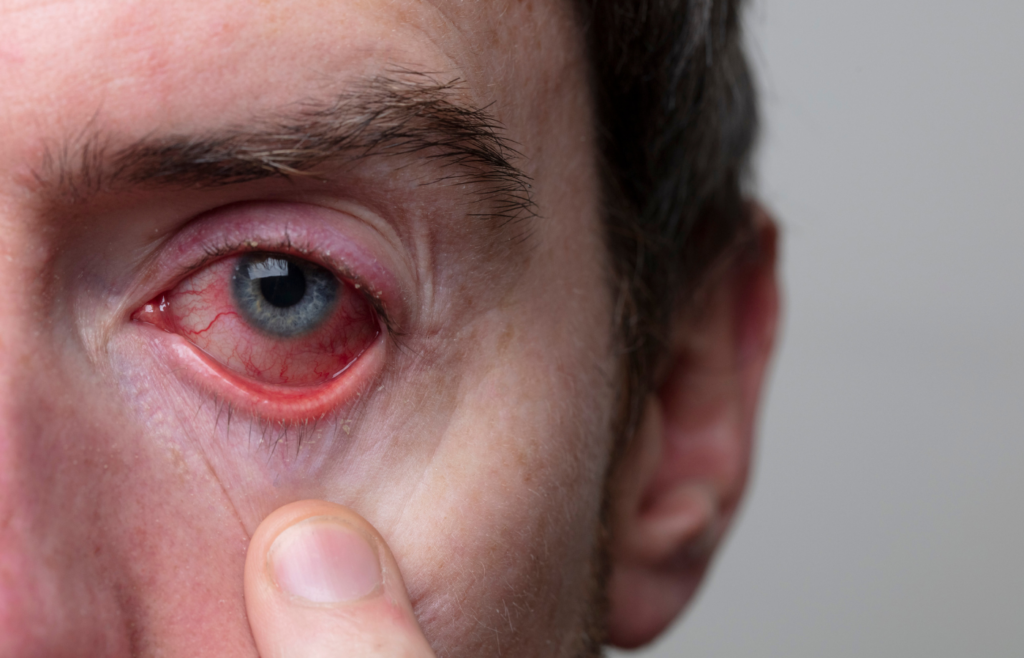Hello, readers! As an Oculoplastics Surgeon, I am here to shed light on a common yet often misunderstood eye condition called blepharitis. This inflammatory disorder affects the eyelids and can lead to discomfort, irritation, and even vision problems if left untreated. Let’s delve into the causes, symptoms, and potential remedies for blepharitis.

Causes of Blepharitis: Blepharitis is typically caused by a combination of factors, including bacterial overgrowth, oil gland dysfunction, and sometimes, an allergic reaction. The eyelids have tiny oil glands that release substances that form part of the tear film, which lubricates the eyes. When these glands become clogged, it can result in inflammation and the development of blepharitis.
Common Symptoms:
- Redness and Swelling: Inflammation of the eyelids may cause redness and swelling.
- Itching and Irritation: Patients often experience itching and irritation around the eyes.
- Crusty Eyelids: The formation of crusts or scales on the eyelids, especially upon waking, is a common symptom.
- Watery Eyes: Excessive tearing can occur as the eyes attempt to flush out irritants.
- Sensitivity to Light: Some individuals with blepharitis may experience increased sensitivity to light.
- Blurry Vision: In severe cases, blepharitis can affect the quality of vision.
Possible Remedies and Management:
- Warm Compresses: Applying warm compresses to the eyes can help loosen debris and open clogged oil glands. This should be done for 5-10 minutes, several times a day.
- Eyelid Hygiene: Gently cleaning the eyelids with a mild, non-irritating cleanser can help remove debris and bacteria. Use a clean cotton swab or pad for this purpose.
- Lid Massage: Massaging the eyelids can help express oils from the glands and improve their function.
- Antibiotic Ointments: In cases where bacterial infection is present, your doctor may prescribe antibiotic ointments or eye drops.
- Artificial Tears: Lubricating eye drops or artificial tears can alleviate dryness and discomfort.
- Anti-inflammatory Medications: In some cases, your doctor may recommend anti-inflammatory medications to reduce swelling and inflammation.
It’s crucial to note that individual cases of blepharitis can vary, and the best course of action should be determined in consultation with an eye care professional. Early detection and appropriate management can prevent complications and improve overall eye health.



